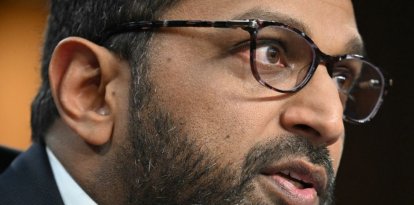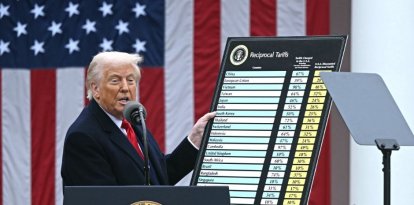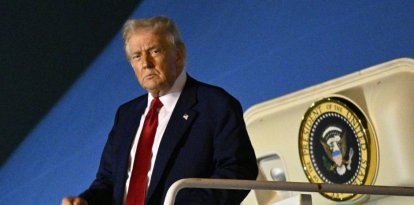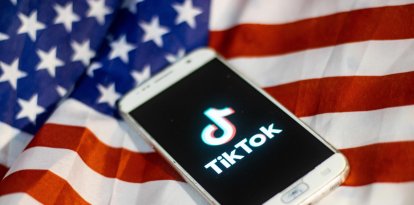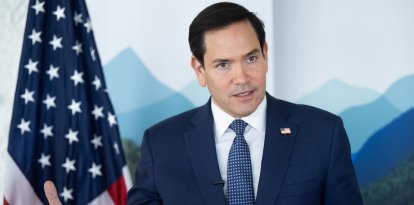Court blocks Biden administration's transgender mandate
The ruling was made in favor of a Catholic coalition demanding respect for their right to free exercise of religion.
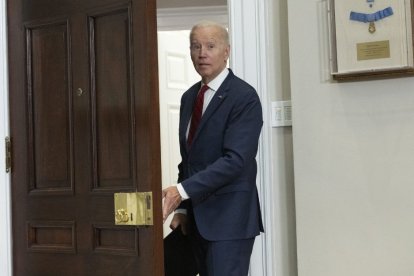
Joe Biden / Cordon Press
A federal appeals court succeeded in permanently blocking the Biden administration's attempt to force insurers and doctors to perform and even pay for gender transition procedures.
The ruling issued for Sisters of Mercy v. Becerra by the U.S. Court of Appeals for the Eighth Circuit last Friday was a unanimous judgment in favor of the plaintiffs, a Catholic coalition that demanded respect for their right to freely exercise their religion.
The controversial mandate
In 2016, the Department of Health and Human Services promulgated a rule that prohibited discrimination on the basis of sex in all health programs and noted that physicians and hospitals that receive public funding must treat people according to their gender identity.
Should any physician and hospital violate the Affordable Care Act, they would face significant financial penalties.
This included performing gender transition procedures even if patient was a child, or if the treating physician felt that the procedure might harm the patient.
In addition, some private insurance companies could have been required to cover the costs of these gender transition processes.
The demand from Catholics
In view of the risk this mandate would pose and the violation it implied to the religious conscience of some physicians, a Catholic coalition filed a lawsuit to end it.
In January 2021, U.S. District Court Judge Peter D. Welte ruled in favor of the Catholic coalition. In its decision, a three-judge panel upheld the ruling that "the intrusion on the Catholic plaintiffs' exercise of religion is sufficient to show irreparable harm."
"The federal government has no business forcing doctors to violate their consciences or perform controversial procedures that could permanently harm their patients,," said Becket Vice President and Senior Attorney Luke Goodrich.
Although the government could still appeal this decision, it is widely believed to be unlikely.
RECOMMENDATION

